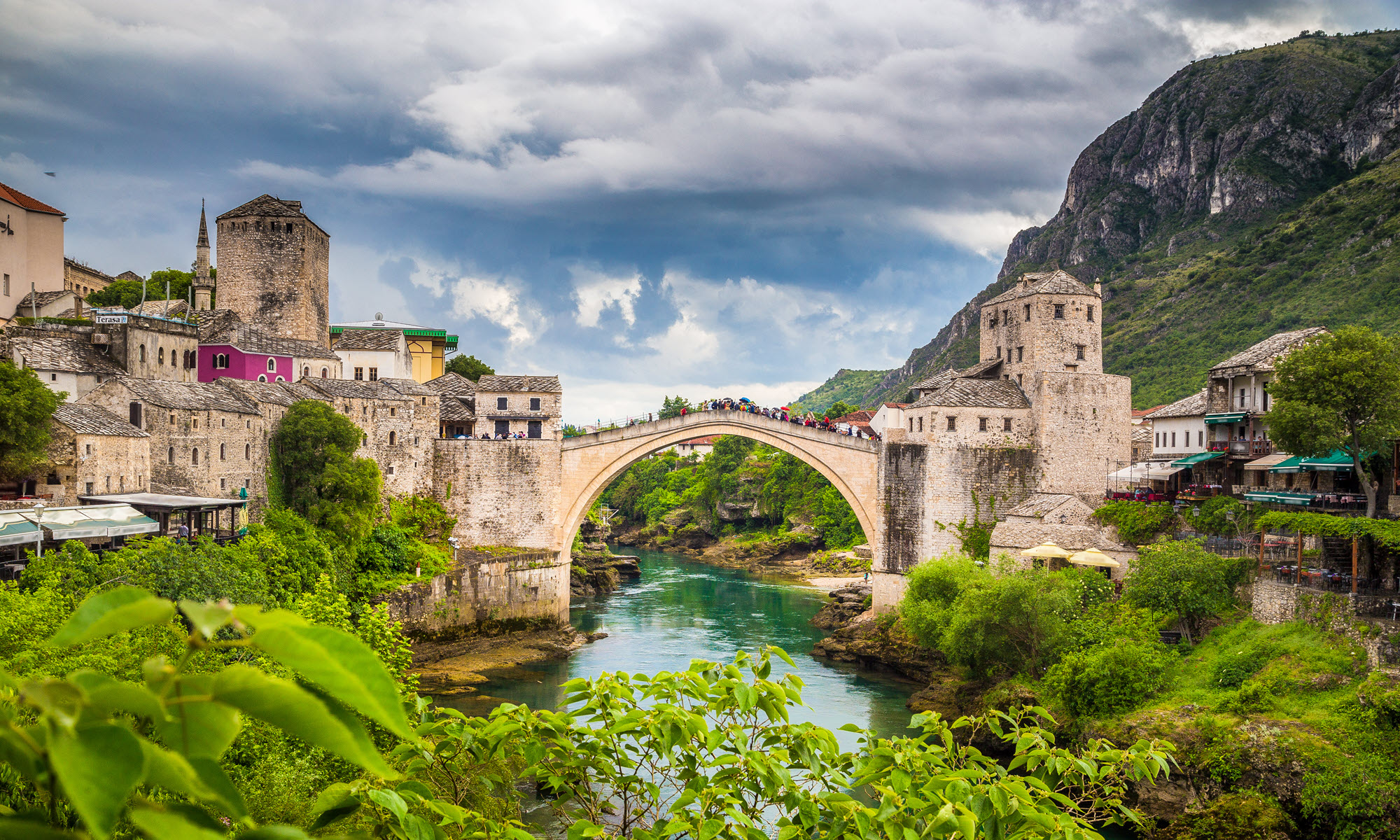CALL FOR PAPERS
University American College Skopje is proud to initiate the seventh annual international academic conference on European integration
EUROPE 2020: TOWARDS INNOVATIVE AND INCLUSIVE UNION
Thursday 17 May 2012
Prolonged multiple crises in the past years have provoked ever more people to question the viability of the basics of European integration. This inter- and multi-disciplinary one-day conference seeks to analyze the different components of European political and institutional architecture in search for sustainable solutions to the current fundamental challenges of the European Union. Researchers are invited for multidimensional and cross-sectional examinations of the key drivers behind the negative trends in the various areas from finance, economy, social cohesion and environment to education, media and culture. The basic point of departure is our belief that the nations of Europe possess the capabilities to reshape the Union by 2020 and reinvent the attractiveness of the EU model, which is so far considered the most successful instance of economic and political integration in the history of humankind.
Major issues to be addressed include:
- Federal Europe based on deeper political integration and common economic governance as a solution to the debt and Euro crises vs. revival of economic nationalisms on the continent;
- EU innovation policy, capital market development and stimulating business excellence as a strategic response to globalizing pressures;
- Creation of a society of knowledge as a developmental priority;
- Improving higher education policies in order to cope with the new challenges and global competition;
- Sustaining information society and reducing the digital gap within Europe as a prerequisite for wider integration;
- Making multicultural practices an asset, not an obstacle towards building more inclusive communities;
- Euro-scepticism as a by-product of political (un)accountability and poor delivery of EU institutions, enlargement fatigue of EU members and transitional fatigue of would be members;
- Western Balkan countries between domestic reform inertia and distracted EU;
- Social cohesion, marginalized human resources and gender aspects in the time of crisis.
Comparative case studies and research-based policy recommendations are encouraged, including but not limited to those concerning the countries of South East Europe.
By tradition, key speakers and high level officials from the country and from abroad are invited to address the conference.
Abstracts due
Tuesday, 17 January 2012
Notification of acceptance
Tuesday, 24 January 2012
Papers due
Tuesday, 27 March 2012
Review feedback
Tuesday, 17 April 2012
Revised papers due
Tuesday, 8 May 2012
Conference date
Thursday, 17 May 2012
SIXTH ANNUA
Seventh annual international conference on European integration:
EUROPE 2020: TOWARDS INNOVATIVE AND INCLUSIVE UNION
Thursday 17 May 2012
The working language of the conference is English. Looking to encourage an informed dialogue, we welcome papers (3000-7000 words) by scholars and professionals from any discipline including but not limited to economics, finance, management, law, political science, international relations, sociology, philosophy, information science, media, language, literature and cultural studies. PhD students are also encouraged to take part. 300 word abstracts can be submitted by email to conference@uacs.edu.mk
Abstracts should be written in Word or RTF formats, font Times New Roman size 12, following this order: author(s), affiliation, email address, title of abstract, body of abstract, key words. A short biography (up to 100 words) is also required.
All papers need to be submitted and will be peer-reviewed prior to the conference. The number of participants presenting at the main sessions will be limited to those who submit papers of highest quality and relevance. Following an additional review process, a selection of best quality papers presented at the conference will be considered for publication in an ISBN e-book and/or hard copy volume. To avoid copyright infringements, the program and organizing committee will review and publish original works which are not currently under consideration elsewhere. The papers that are accepted will require a release form in order to be published in the proceedings book. University American College Skopje will cover all costs for editing and publishing. No fees will be granted to the authors.
Accommodation expenses may be covered by the University American College Skopje on as-needed basis only for a limited number of selected presenters who need to submit a bursary form.
For abstract & paper guidelines, conference program and other updates, please visit our web page.
Program Committee:
Dr. Biro Gaspar, Eötvös Loránd University, Budapest
Dr. Charalampos Tsardanidis, Institute of International Economic Relations, Athens
Dr. Desislava Ljubomirova Boshnakova, New Bulgarian University, Sofia
Dr. Ilijana Petrovska, University American College Skopje
Dr. Ivan Dodovski, University American College Skopje
Dr. Jaka Vadnjal, GEA College for Entrepreneurship, Ljubljana
Dr. Jeremy Cripps, American University in Bulgaria
Dr. Johan G. Wissema, Delft University of Technology
Dr. Mehmet Zeki Ibrahimgil, Gazi University, Ankara
Dr. Stevo Pendarovski, University American College Skopje
Organizing Committee:
Dr. Stevo Pendarovski, pendarovski@uacs.edu.mk
Dr. Ilijana Petrovska, petrovska@uacs.edu.mk
Dr. Ivan Dodovski, Chairperson, dodovski@uacs.edu.mk


This conference is organized in cooperation with Friedrich-Ebert-Stiftung, office in Macedonia.
Quelle
